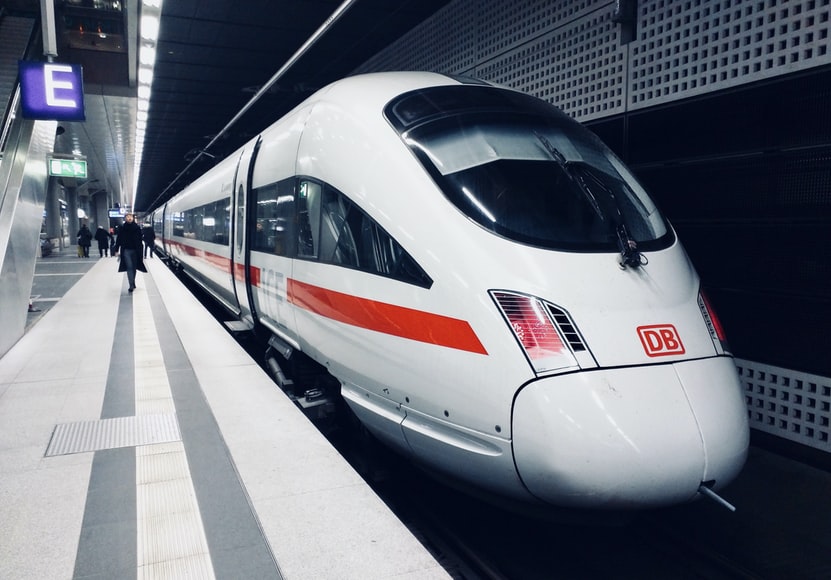The European Commission will provide free travel rail passes to 60,000 Europeans aged from 18 to 20 years.
The applications opened on Tuesday, 12 October, at noon, and will close on 26 October, at noon, for a travel period in 2022, which will be the European Year of Youth. The free travel passes are funded by DiscoverEU, an EU initiative which was launched in 2018 and aims at giving young Europeans the opportunity to discover Europe.
According to the Commission, the programme connects thousands of young people, building a community across Europe. Participants who had never met before linked up on social media, exchanged tips or offered local insights, formed groups to travel from city to city or stayed at each other's places.
“Over the past 18 months, in a true spirit of solidarity, our young people have sacrificed valuable youthful and defining moments of their lives,” said Margaritis Schinas, Vice-President for the European Way of Life.
“I am delighted that the Commission offers today a European boom of mobility with the 60,000 train passes. This European boom of mobility and opportunities will be further fostered by Erasmus+ and many more initiatives coming for the European Year of Youth in 2022.”
This application round is open to young Europeans born between 1 July 2001 and 31 December 2003. Exceptionally, 19- and 20-year-olds can also apply after their rounds were postponed due to the COVID-19 pandemic.
Successful applicants can travel between March 2022 and February 2023 for up to 30 days. As the evolution of the pandemic remains unknown, all travellers will be offered flexible bookings through a new mobile travel pass. The departure date can be changed right up until the time of departure. The mobile travel passes have a one-year validity. The Commission advises all travellers to check potential travel restrictions on the website.
Successful applicants can travel alone or in a group of up to five people (all within the eligible age range). To reinforce sustainable travel - and thereby support the European Green Deal, DiscoverEU participants will predominantly travel by rail.
However, to ensure wide access across the EU, participants can also use alternative modes of transport, such as coaches or ferries, or exceptionally, planes. This will ensure that young people living in remote areas or on islands also have a chance to take part.
Every member state is allocated a number of travel passes, based on its population, as a proportion of the overall population of the European Union.
The Brussels Times

